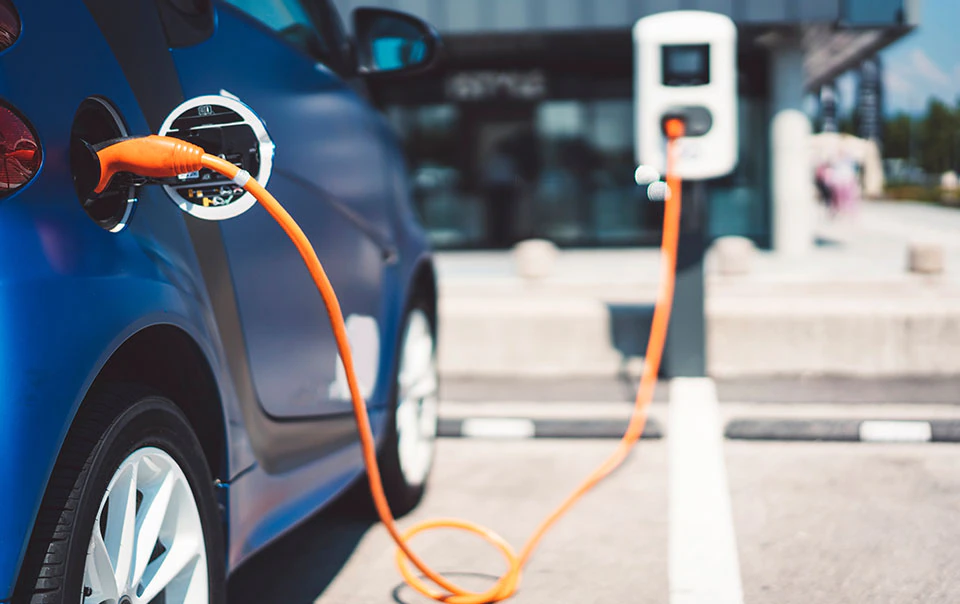Hybrid vehicles are a great way to save money at the pump and do your part for the environment. Here are the benefits of owning a hybrid car:
The main benefit of owning a hybrid car is that it uses two power sources to run: a gas engine and an electric motor. This allows you to drive longer on a full tank than with a traditional vehicle.
Reduced Fuel Consumption
Hybrid cars are incredibly fuel efficient and help to decrease pollution. In fact, they can cut your carbon footprint by more than half.
A hybrid car has two powertrains – one that’s powered by gas and the other by electricity. The electric motor runs off of an on-board battery pack that usually sits in the trunk behind the rear seats or in the floor pan.
When you brake or coast, kinetic energy is converted to electric energy and used to charge the battery. This process, called regenerative braking, helps to reduce fuel consumption.
In addition to reduced fuel consumption, hybrids can also save drivers money at the gas pump and provide additional benefits ranging from tax credits to free or discounted parking in many cities. Check with your local city clerk to find out if you qualify for any of these incentives when shopping for a hybrid vehicle.
Less Emissions
Hybrid vehicles are a great way to help reduce the environmental impact of your travels, thanks to their ability to use electricity instead of gasoline. They’re also more environmentally friendly than all-electric cars, but how much they can help depends on the source of their electricity and how often you drive them.
According to MIT, a hybrid electric vehicle can emit up to 61% less carbon than a comparable gas car in some US states. This is a huge benefit for drivers of electric cars, as well as for the environment as a whole.
Another good thing about hybrid cars is that they depreciate a lot slower than regular petrol and diesel vehicles, which can save you money down the line when it comes time to sell your vehicle. Plus, they are very popular in the used car market, so you’ll likely be able to get a fair price for your hybrid as soon as you decide to sell it.
Less Noise
Hybrids use an electric motor to drive the wheels instead of a conventional gasoline engine, making them far quieter than their gas-powered cousins. At speeds up to 20 mph, electric vehicles are nearly silent, with only the rolling noises from their tires and wind resistance creating audible noise.
However, some pedestrians have concerns about the noise a hybrid or an electric vehicle makes as they travel at low speeds. They say it’s especially dangerous for those who are blind or have impaired vision, as they can’t tell if the car is coming.
Around the world, laws are being introduced that require new electric and hybrid vehicles to make audible noises when traveling at certain speeds. This could prevent thousands of pedestrian injuries a year, according to the U.S. National Highway Traffic Safety Administration.
Better Resale Value
Hybrids are a great choice for those who want to reduce their carbon footprint, get more miles on a tank of gas, and experience better performance than the typical gas-only vehicle. However, these benefits don’t always outweigh the higher initial cost that comes with owning a hybrid.
Depreciation is a big factor in how much you spend on your car. This is why you should look at how much your hybrid car will depreciate over time before you buy it.
Most hybrids lose about half of their initial MSRP in the first five years, but a few models, like the Toyota RAV4 hybrid SUV, retain their value well. Moreover, you can save money on insurance thanks to your lower emissions and fuel efficiency. This can make owning a hybrid a good investment in the long run.
Less Maintenance
Hybrids are not only more fuel efficient but they also require less maintenance than gasoline-powered vehicles. This is because the electric motor takes some of the wear and tear off of the gas engine and its related parts.
Depending on how you drive, your hybrid may only need to get oil changes every 5,000 miles or so. The same goes for your tires.
The brakes are likely to last longer too due to regenerative braking. This system uses the energy produced when the brakes are applied to recharge the battery.





